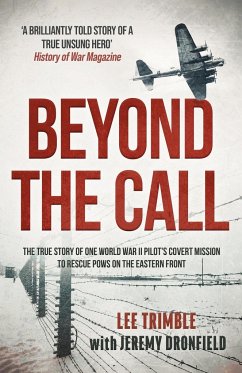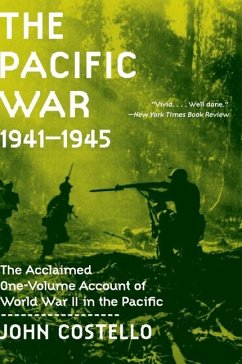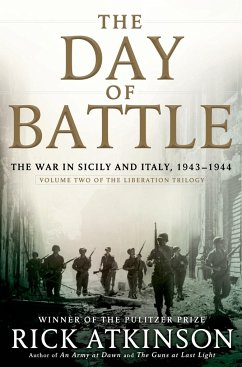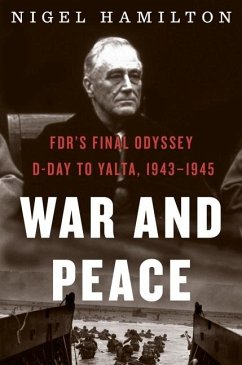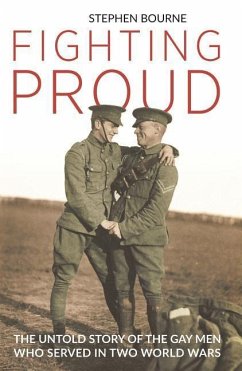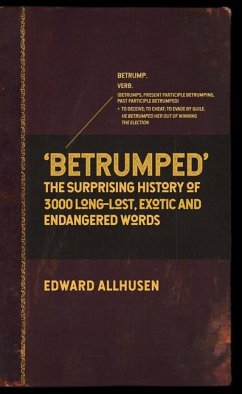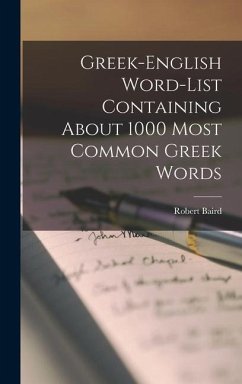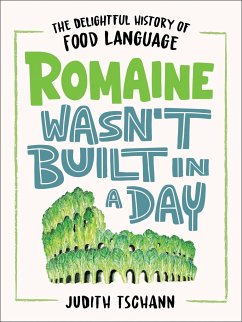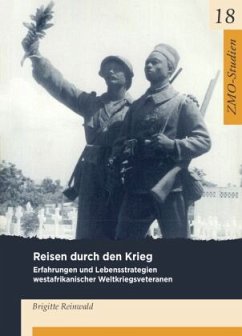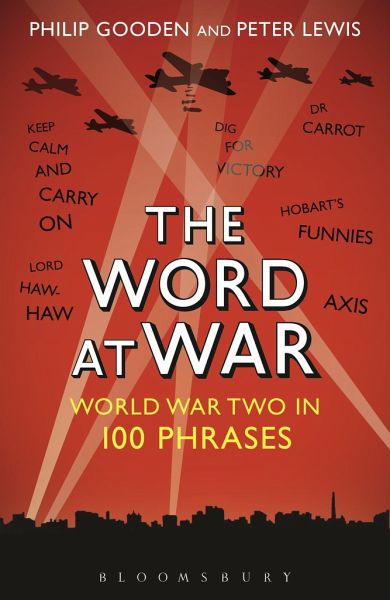
The Word at War
World War Two in 100 Phrases
Versandkostenfrei!
Versandfertig in über 4 Wochen
11,99 €
inkl. MwSt.
Weitere Ausgaben:

PAYBACK Punkte
6 °P sammeln!
War words have embedded themselves in our collective psyche; British politicians are fond of invoking the 'Dunkirk spirit' whenever the country is faced with major crisis or even minor adversity, and Roosevelt's famous description of Pearl Harbor as 'a date which will live in infamy' was echoed by many US commentators after the 9/11 attacks.So far, so familiar. Or is it? How many of us know, for instance, that 'Keep Calm and Carry On', far from achieving its morale-boosting aim, was considered at the time to be deeply patronizing by the people it was directed at, and so had only limited distri...
War words have embedded themselves in our collective psyche; British politicians are fond of invoking the 'Dunkirk spirit' whenever the country is faced with major crisis or even minor adversity, and Roosevelt's famous description of Pearl Harbor as 'a date which will live in infamy' was echoed by many US commentators after the 9/11 attacks.
So far, so familiar. Or is it? How many of us know, for instance, that 'Keep Calm and Carry On', far from achieving its morale-boosting aim, was considered at the time to be deeply patronizing by the people it was directed at, and so had only limited distribution?
The Word at War explores 100 phrases spawned and popularized in the lead-up and during the conflict of World War Two. Substantial essays explore and explain the derivations of, and the stories behind, popular terms and phraseology of the period, including wartime speeches (and the words of Churchill, Hitler and FDR); service slang; national stereotypes; food and drink; and codewords.
So far, so familiar. Or is it? How many of us know, for instance, that 'Keep Calm and Carry On', far from achieving its morale-boosting aim, was considered at the time to be deeply patronizing by the people it was directed at, and so had only limited distribution?
The Word at War explores 100 phrases spawned and popularized in the lead-up and during the conflict of World War Two. Substantial essays explore and explain the derivations of, and the stories behind, popular terms and phraseology of the period, including wartime speeches (and the words of Churchill, Hitler and FDR); service slang; national stereotypes; food and drink; and codewords.




